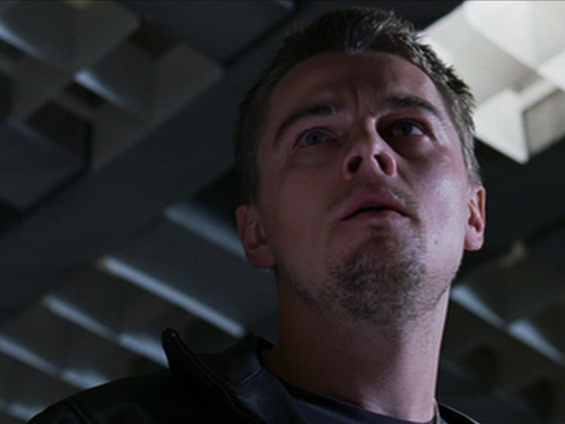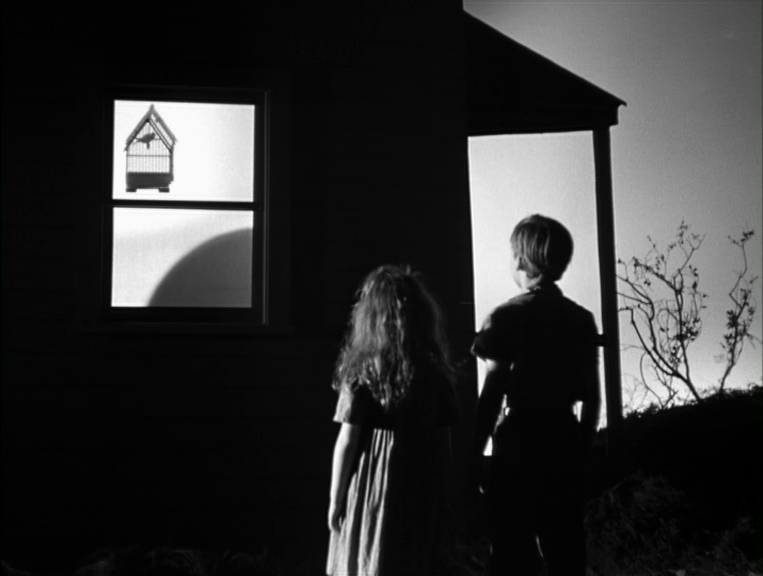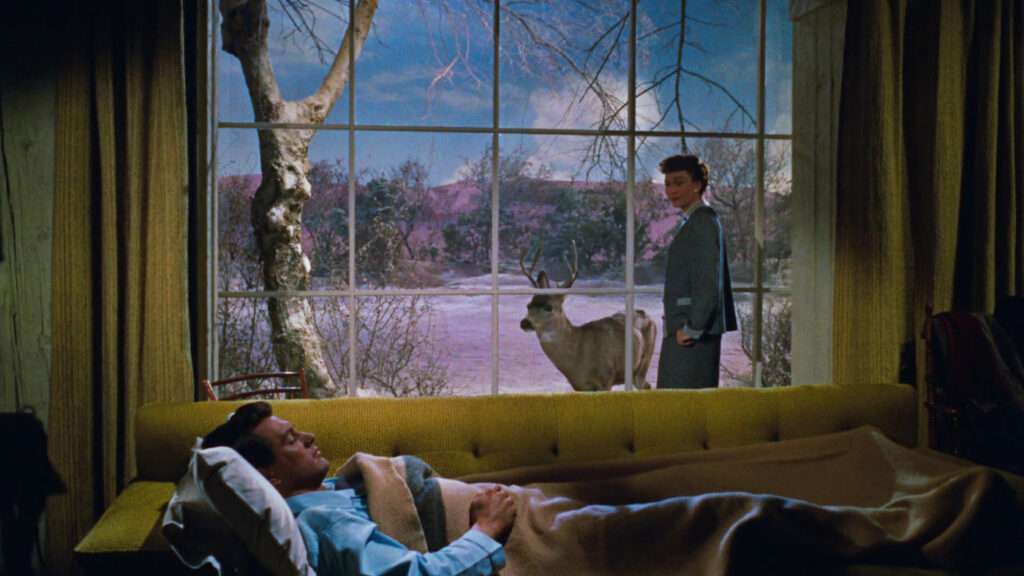Cinema has a remarkable ability to captivate our hearts and minds, transporting us to worlds beyond our own. For many cinephiles, there is a specific film that sparked their love affair with the silver screen. In my case, it was the electrifying experience of witnessing Martin Scorsese’s masterpiece, “The Departed,” in the cinema as a child. I remember being 13 years old and going to the movies with my sister and her friend. The choice was made; we were going to see “The Holiday”. But that big poster of Martin Scorsese’s film captured my attention. And then, right when we were buying tickets, I asked them to switch films. To my surprise, they immediately accepted. This article delves into how this gritty crime drama became my cinematic awakening, igniting a lifelong passion for film. If you haven’t seen the film yet, a spoiler alert is in place.
“The Departed,” released in 2006, is a gripping tale of crime, loyalty, and betrayal set against the backdrop of Boston’s criminal underworld. The film boasts a stellar cast, including Leonardo DiCaprio, Matt Damon, and Jack Nicholson, and is helmed by the acclaimed director Martin Scorsese. As a kid, I was immediately drawn to the film’s intensity, intricate plot, and complex characters. The raw performances and masterful storytelling transported me into a world of moral ambiguity and emotional depth that I had never experienced before. And the energetic soundtrack by the Dropkick Murphy’s made everything so much more exciting for me.
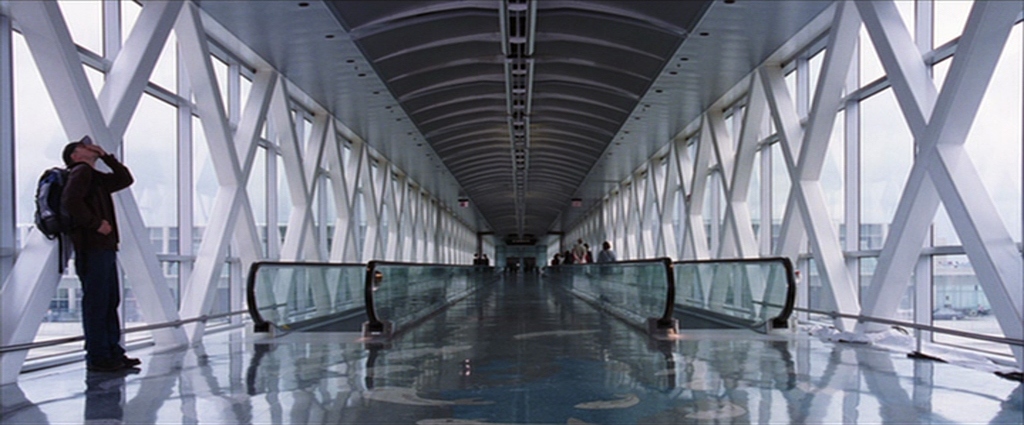
The Cinematic Craftsmanship
“The Departed” showcased the artistry and technical brilliance of filmmaking. Scorsese’s masterful direction, coupled with the outstanding cinematography by Michael Ballhaus and complex editing by Thelma Schoonmaker, created a visceral and immersive experience. The latter won a very earned Academy Award for her efforts. The film’s gritty visuals and pulsating soundtrack heightened the tension and amplified the emotional impact of each scene. As a child, I was mesmerized by the seamless integration of visuals, sound, and storytelling, realizing the immense power of cinema to evoke emotions and transport audiences to different realities. I couldn’t believe what I saw, the film had something genuine about it. The love for filmmaking felt palpable. And the use of the X-symbol only in shots with characters who were going to die is morbid brilliance.
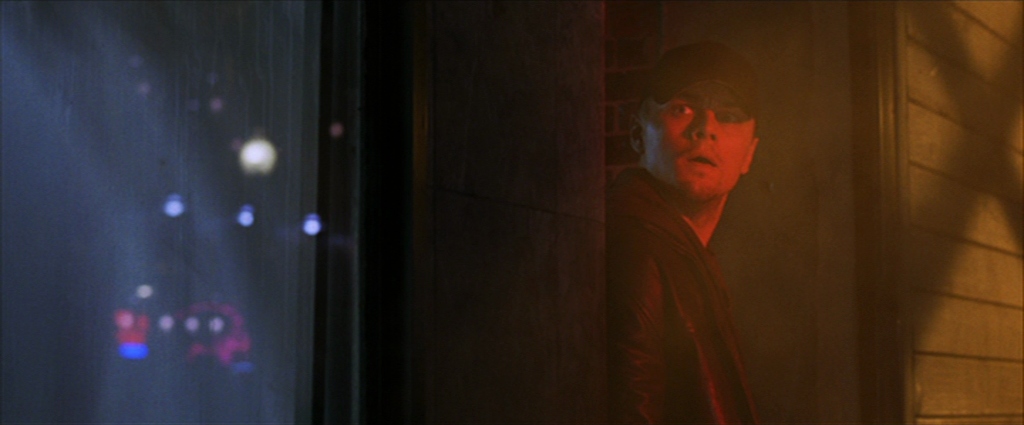
Character Exploration and Impact
“The Departed” introduced me to a cast of deeply flawed and morally complex characters. Through their journeys, the film explored themes of identity, loyalty, and the blurred lines between good and evil. The performances of DiCaprio, Damon, and Nicholson were nothing short of captivating, leaving an indelible mark on my young cinephile soul. Witnessing the nuanced portrayals of these characters ignited my curiosity about the human condition and the endless possibilities of character-driven storytelling. I felt that the character of Billy Costigan, played by Leonardo DiCaprio, could meet his end at any time. The desperation, fear and anxiety in his performance drew me in. I started to root for him to stay alive after all that he had been through. And then, the end seems to come. Everyone in the audience felt it was really going to be okay. The typical three act film had come to a conclusion. Jack Nicholson’s Mob boss character had met his end, and the feel of the film became the feel of an outro. He survived! But the brilliant writer, William Monahan, cleverly abused writing traditions to pull a big punch. The story unfolds further, and DiCaprio finds himself capturing the other villain of the film, Matt Damon’s Colin. Then they enter an elevator…
Ever since this elevator scene, I have a fear of using them. When the elevator door opens, I always take a step to the left, so it doesn’t open when I’m straight in front of it. David Fincher, the great director of such films as The Social Network and Gone Girl, says:
I don’t know how much movies should entertain. To me I’m always interested in movies that scar. The thing I love about JAWS is that I’ve never gone swimming in the ocean again.
David Fincher
I think I have found my Jaws. In May 2007, the film released on DVD, and I bought it, and rewatched that very scene over and over, always with my heart going crazy from the PTSD. It’s the only film, besides The Social Network, that I have seen more than 20 times. I knew one thing: I couldn’t wait to go to the cinema again. I recorded the trailer of “The Departed” on my MP3-player and knew the lines by heart. “This is the State Police!” In school, I wrote a school play based on the film, and performed it with a friend in class. I received a 12/20.
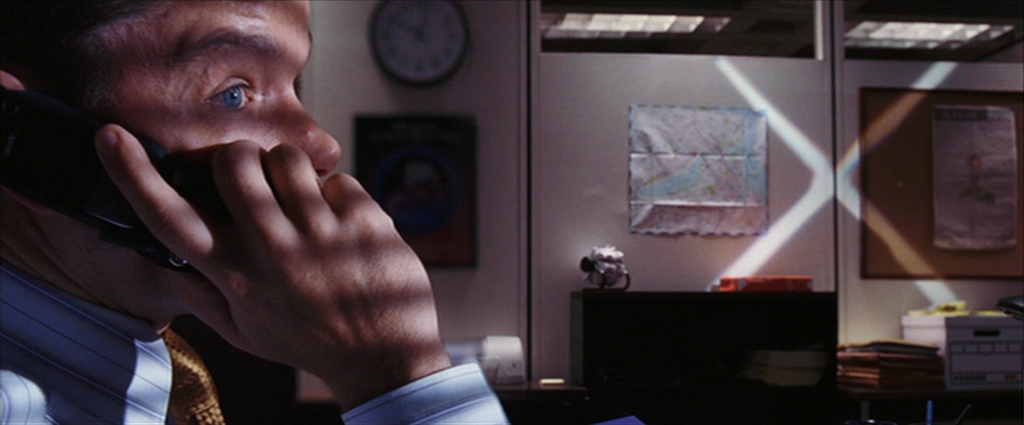
Exploring Scorsese’s Filmography
“The Departed” served as a gateway to the broader filmography of Martin Scorsese. Intrigued by his directorial prowess and thematic exploration, I delved into his extensive body of work. From “Goodfellas” to “Taxi Driver,” Scorsese’s films showcased a unique blend of artistry, social commentary, and compelling narratives. Each film felt like an invitation to explore different genres, eras, and cinematic techniques, further deepening my love for the medium.
Conclusion
Witnessing “The Departed” in the cinema as a child was a transformative experience that ignited my passion for film and paved the way for my journey as a cinephile. The film’s gripping plot, impeccable craftsmanship, and unforgettable performances left an indelible imprint on my cinematic sensibilities. It opened my eyes to the vast possibilities of storytelling and the profound impact that cinema can have on our lives.”The Departed” served as a catalyst for my exploration of film as an art form, leading me to discover the works of other visionary directors and genres that I may have otherwise overlooked. It taught me the power of cinema to evoke emotions, provoke thought, and cultivate empathy.As I continue my journey as a cinephile, I am grateful for the film that sparked my love affair with the silver screen. It serves as a constant reminder of the transformative potential of cinema and the joy of discovering new worlds through the magic of storytelling.

